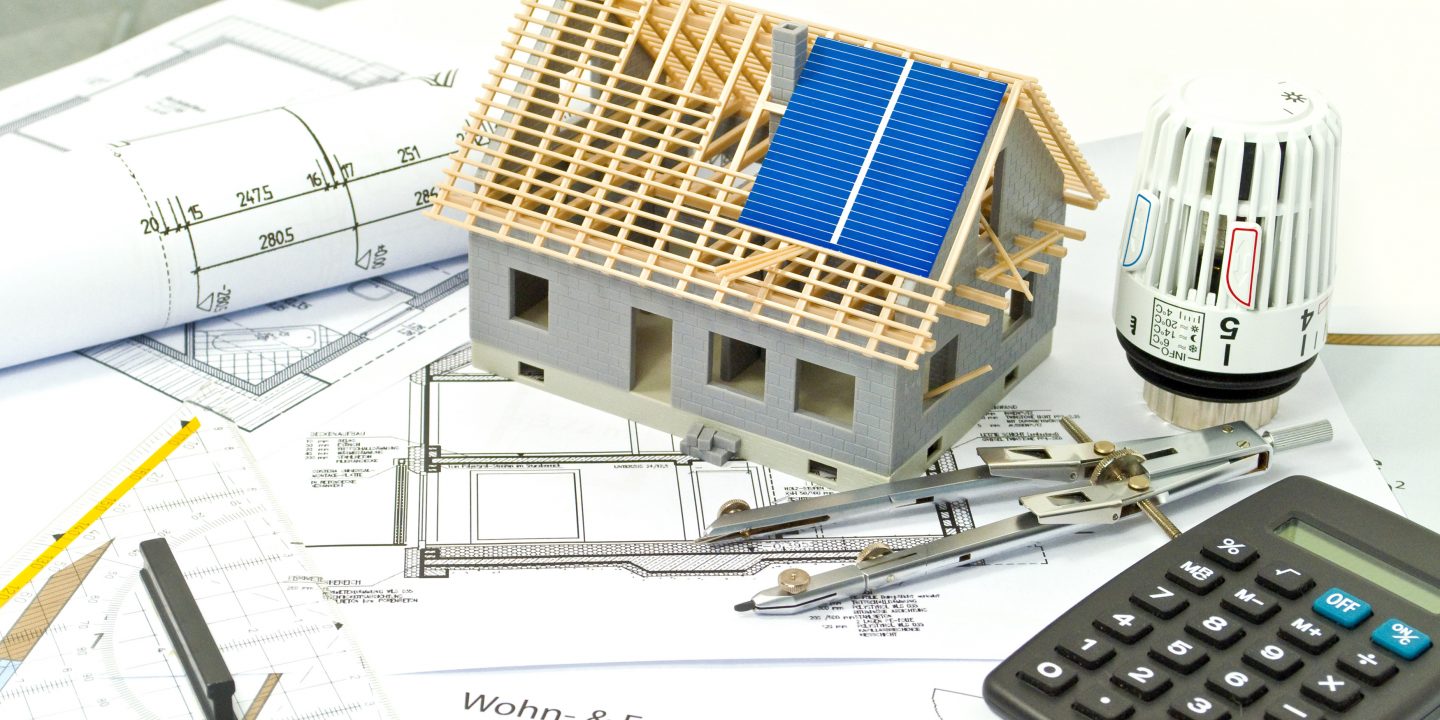
The specific work that requires a permit can vary depending on your location and local building codes and regulations. However, there are generally common types of home improvement projects that often require a permit. It’s important to consult with your local building department or permit office to determine the specific permit requirements for your area. Here are some examples of home projects that commonly require a permit:
Structural Changes: Any structural modifications to your home, such as adding or removing walls, constructing new rooms, or altering the layout, usually require a permit. This ensures that the changes meet safety and building code requirements.
Electrical Work: Significant electrical work, such as installing new electrical circuits, upgrading the electrical panel, or rewiring the home, typically requires a permit. This ensures that the electrical system is installed correctly and meets safety standards.
Plumbing Work: Major plumbing projects, including installing new plumbing lines, relocating or replacing plumbing fixtures, or making changes to the plumbing system, usually require a permit. This ensures that the plumbing work is done properly and complies with plumbing codes.
HVAC (Heating, Ventilation, and Air Conditioning): Installing or replacing heating, ventilation, or air conditioning systems often requires a permit. This is to ensure that the systems are installed safely, meet efficiency standards, and comply with local regulations.
Exterior Changes: Making significant changes to the exterior of your home, such as adding or replacing windows and doors, installing a new roof, or building a deck or patio, may require a permit. This ensures that the changes meet building codes and zoning regulations.
Additions and Renovations: Any additions or significant renovations, such as adding a room, finishing a basement, or converting a garage into living space, usually require permits. This ensures that the work meets safety, energy efficiency, and building code requirements.
Changes to Plumbing Fixtures: In some areas, even minor changes to plumbing fixtures, such as installing a new sink, toilet, or shower, may require a permit. This is to ensure that the changes are done correctly and comply with plumbing codes.
It’s important to note that permit requirements can vary between different jurisdictions. Always check with your local building department or permit office to determine the specific permits needed for your planned home improvement projects. Failure to obtain the necessary permits when required can result in fines, complications during future property transactions, or even having to undo the work that was done. Working with licensed professionals, such as contractors or architects, can also help ensure that your home improvement projects are compliant with permit requirements and local regulations.
It’s crucial to note that these examples are not exhaustive, and permit requirements can vary by jurisdiction. Even for projects that don’t typically require a permit, it’s still important to adhere to building codes and obtain necessary inspections to ensure the work is done safely and meets quality standards.
Always consult with your local building department or permit office before starting any home improvement project to determine the specific permit requirements and ensure compliance with local regulations. Violating permit requirements can result in fines, penalties, or complications during property transactions in the future.







